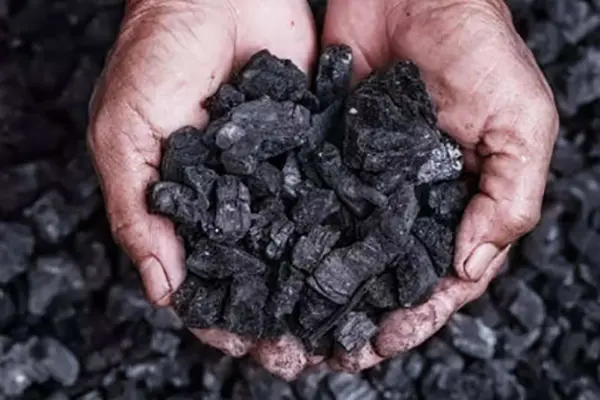Petroleum coke, a byproduct of the oil refining process, is a carbonaceous solid material that finds extensive application in various industries. While often overlooked, it plays a crucial role in powering numerous manufacturing processes and producing essential goods.
Petroleum coke, or petcoke, is a solid residue left over after crude oil is refined into various petroleum products like gasoline, diesel, and jet fuel. It is primarily composed of carbon, with varying amounts of hydrogen, sulfur, nitrogen, and metals. The quality of petcoke can vary widely, depending on the type of crude oil used and the refining process.

Types of Petroleum Coke
There are primarily two types of petroleum coke:
- Green Coke: This is the initial form of petcoke, directly obtained from the refining process. It contains a high moisture content and is often used as a fuel source in industrial boilers and furnaces.
- Calcined Coke: Green Coke is further processed through a high-temperature calcination process to remove impurities and increase its carbon content. Calcined coke is highly valued for its superior properties and is used in various applications, including:
Applications of Petroleum Coke
-
Fuel Source:
- Power Generation: Petcoke is burned in power plants to generate electricity. Its high energy content makes it an efficient fuel source, especially in regions with abundant petroleum resources.
- Industrial Processes: Various industries, such as cement, steel, and glass manufacturing, utilize petcoke as a fuel to power their operations.
-
Carbon Electrode Production:
- Aluminum Smelting: Calcined petcoke is a key ingredient in the production of carbon anodes, which are essential for the electrolytic process used to extract aluminum from alumina.
Steelmaking: In electric arc furnaces, carbon electrodes made from calcined petcoke are used to generate the intense heat required for steel production.
- Aluminum Smelting: Calcined petcoke is a key ingredient in the production of carbon anodes, which are essential for the electrolytic process used to extract aluminum from alumina.
-
Carbon Black Production:
- Tire Manufacturing: Carbon black, a fine powder produced from petroleum coke, is a crucial component of rubber compounds used in tire production. It enhances the strength, durability, and heat resistance of tires.
-
Other Applications:
- Graphite Production: Calcined pet coke is used as a raw material in the production of synthetic graphite, which has diverse applications in electronics, batteries, and refractories.
- Activated Carbon Production: Petcoke can be activated to produce activated carbon, a highly porous material used for water and air purification, as well as in various industrial processes.
Environmental Considerations
While petroleum coke is a valuable industrial resource, its use also raises environmental concerns. The combustion of petcoke releases greenhouse gases, including carbon dioxide, contributing to climate change. Additionally, the sulfur content in petcoke can lead to air pollution if not properly controlled. To mitigate these issues, various technologies and practices are being implemented to reduce emissions and improve the environmental performance of petcoke utilization.
In conclusion, petroleum coke is a versatile and essential commodity that plays a significant role in modern industry. Its diverse applications, from fueling power plants to producing critical components for various manufacturing processes, highlight its importance. However, it is crucial to balance its economic benefits with environmental considerations to ensure sustainable utilization of this valuable resource.
Post time: 11-11-2024





